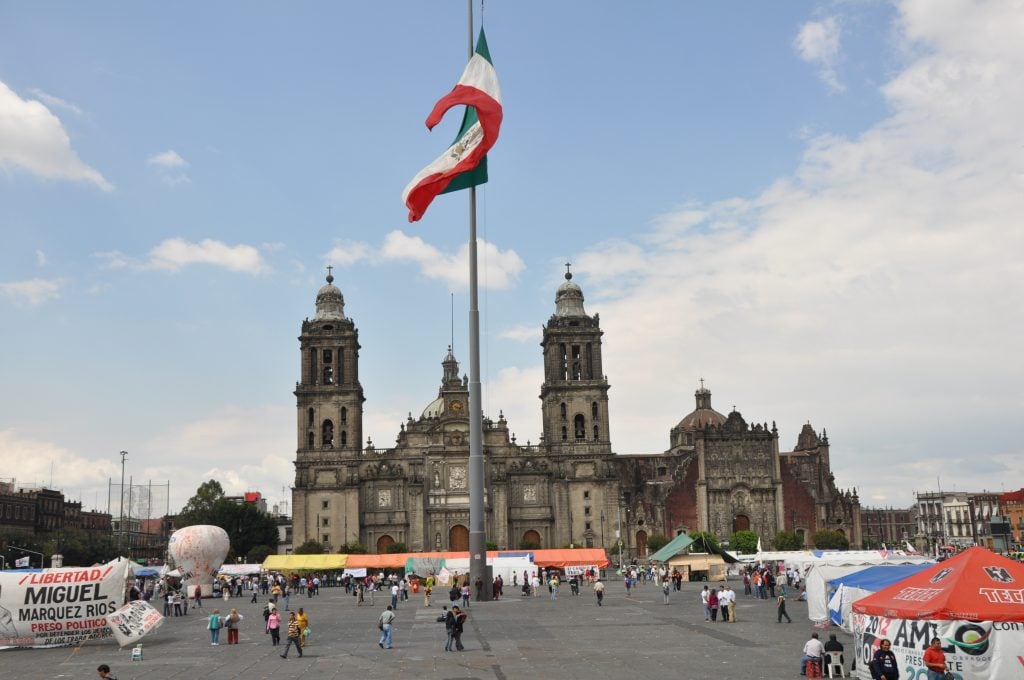In brief
On 31 March 2022, the Investigating Authority of the Federal Economic Competition Commission (COFECE) published[1] notice of the initiation of an investigation[2], into the retail electronic commerce (e-commerce) market[3] in Mexico (the “Market Under Investigation”). The investigation is to identify, and where appropriate, determine the possible existence of barriers to free market access, barriers to the competition, and/or essential inputs, that could create anti-competitive effects in the Market Under Investigation.
According to COFECE, the Market Under Investigation is important because an increasing number of consumers have chosen e-commerce for purchasing merchandise since the beginning of the pandemic. Barriers to competition inhibit innovation and increase costs, which prevent the entry of new entrants, and restricts access to competitors in the retail e-commerce market.
Key takeaways
According to COFECE, it has found elements that indicate the potential existence of barriers to entry in the retail e-commerce market. These elements give rise to a presumption that there is a lack of effective competition in this market.
The Market Under Investigation corresponds to the purchase and sale of retail merchandise through the Internet. This is the first investigation in digital markets to establish if there is free competition, and determine whether there exists barriers to competition and essential inputs.
Barriers to competition and free competition make it difficult, and restrict, or prevent, the entry of new participants, and access to competitors, into the retail e-commerce market in Mexico. In addition, barriers to competition could be generating inefficiencies in the retail e-commerce market, which limits the ability to compete, causing price increases for both the industry and its consumers, and distorting the market.
There may also be barriers due to the existence of legal provisions that unduly impede or distorts the market.
If the COFECE determines there are sufficient elements to support the possible existence of restrictions to the efficient functioning of the investigated market, it will proceed to the next phase of the investigation. This could include implementing corrective measures.
In more detail
The investigation should not be understood as a prejudgment of the restrictions on the conditions of effective competition into the Market Under Investigation, nor of the existence of barriers to competition and free competition and/or essential inputs. Instead, as an action by the authority to verify compliance with the Federal Mexican Antitrust Law, and an investigation of market conditions to ensure that the Market Under Investigation operates and develops under conditions of competition, so that consumers can choose among more options, the one that best suits their needs.
This first of its kind investigation was initiated through a special procedure, aimed at identifying whether there are barriers to entry, free access in the digital markets. The investigation will look to determine the possible existence of barriers to competition and essential inputs that could generate anti-competitive effects, under the terms of the Federal Mexican Antitrust Law.
If elements are found to determine the existence of barriers to competition, the Plenary of COFECE may:
- Order the economic agent to eliminate the barriers that unduly affect the competition process
- Issue recommendations to public authorities in case there are legal provisions that unduly prevent or distort competition and free concurrence
- Determine the existence of essential inputs and, where appropriate, issue guidelines for their regulation, or
- Order the divestiture of assets, rights, partnership interests or shares of the economic agent involved.
This antitrust investigation was initiated on 31 March 2022, and it could take up to 120 business days, with the possibility of being extended twice for an additional periods of 120 business days each.
[2] Identified under the File No. IEBC-001-2022
[3] E-commerce is understood as the “sale or purchase of goods or services, conducted over computer networks by methods specifically designed for the purpose of receiving or placing orders”. “Whether a commercial transaction qualifies as e-commerce is determined by the ordering method rather than the characteristics of the product purchased, the parties involved, the mode of payment or the delivery channel.” OECD, 2020, Unpacking Electronic Commerce, Politics, Trends, and Business Models, 2019.







